Back in 2014, when this blog was less than one year old, David Butler explored video game sales in one of the great duopolies or our time; FIFA and Pro Evolution. For those unfamiliar with the rivalry, the FIFA series was developed by EA Sports and has existed in one form or another since 1993. Pro Evolution, often referred to as PES, is an alternative option created by Konami and has also existed in various forms since the 1990s.
Around 2000 the rivalry really took off when the FIFA series had to go head-to-head with the ISS Pro Evolution franchise. A common question at the time was FIFA or Pro? While FIFA had the advantage of licensing and trademark agreements, I always preferred the Konami series as the gameplay was better. Others would disagree and the battle for dominance would go on.
Around 2008 something changed. As the 2014 posted illustrates, while FIFA outsold Pro in Europe, the gap between the two widened quickly from this point. I was among the converts to FIFA as the gameplay on the EA Sports game improved and had the added bonus of licensing.
Ironically, it was at this time that Konami's Pro Evolution began to acquire some licensing agreements - the UEFA Champions League for one - that sales began to plummet. Things wouldn't improve and the data below is an update of the 2014 post, with global sales for both titles up to and including FIFA 2019 and Pro Evolution Soccer 2019.
This was probably a direct result of the failure of Pro Evolution Soccer 2019 to sell, with just over half a million copies of the title sold worldwide, coupled with the obvious declining interest in the game series from 2008. This compared the 8.5 million copies of Pro Evolution Soccer 2008 sold globally. The FIFA series on the other hand was annually selling between 14 and 16 million copies.
Konami have continued production of their esports game and eFootball PES 2020 was followed up in 2021 and 2022, with the most recent edition of the game dropping the famous PES title so that it is simply eFootball 2022.
A second new chapter also approaches. EA Sports will make their final installment of their legendary game with FIFA 2023. World football's governing body have decided to end their 30 year association with the software developer for FIFA 2024. This game will appear next year, but will not be made by EA Sports. Instead EA Sport will launch EA Sports FC from 2023.
Imagine, this time next year, we will live in a world where EA's Sports FIFA and PES are a thing of retro gamers.
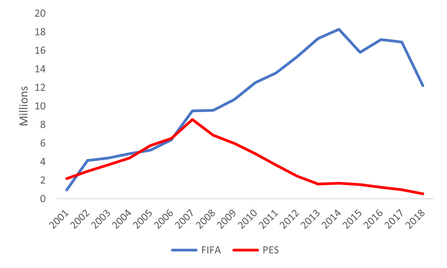
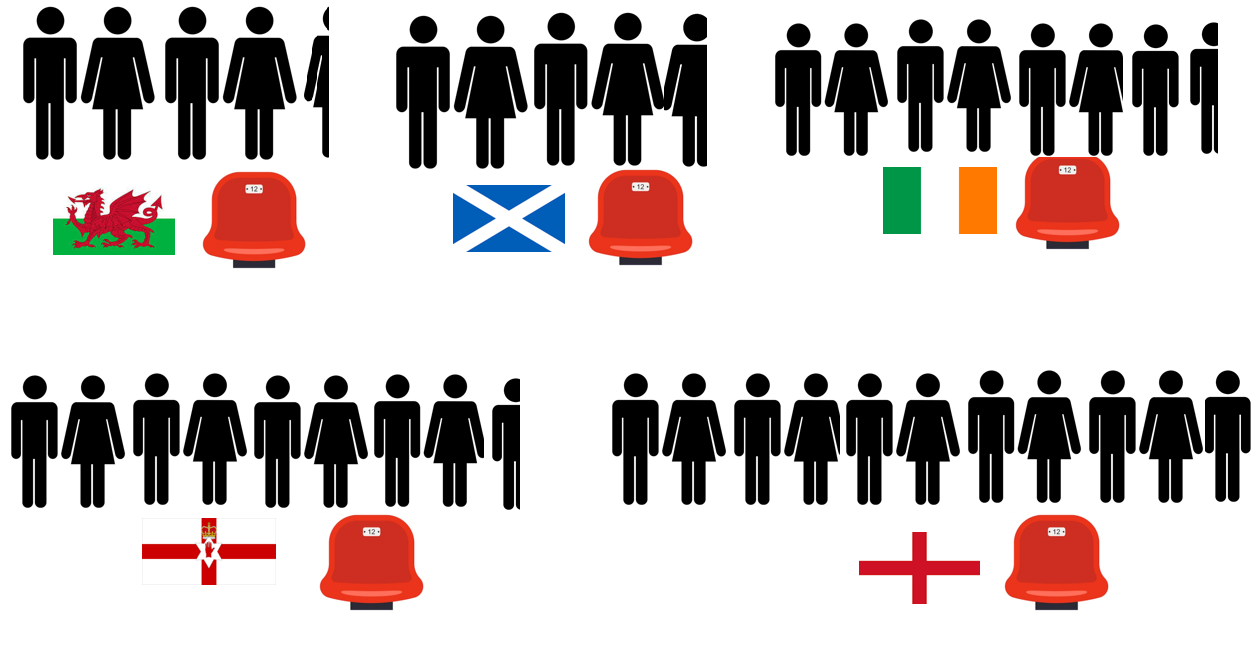
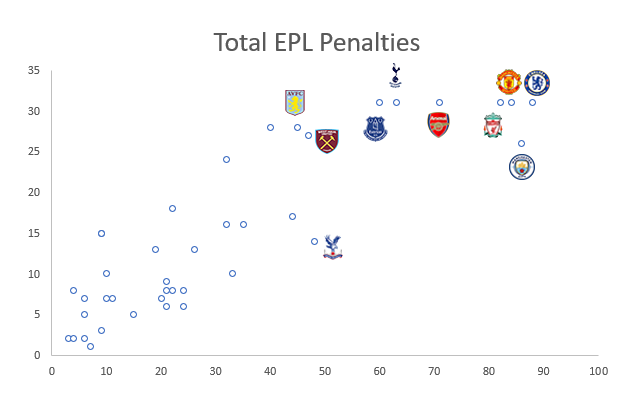
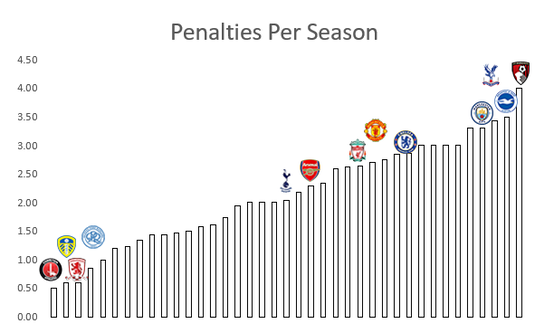
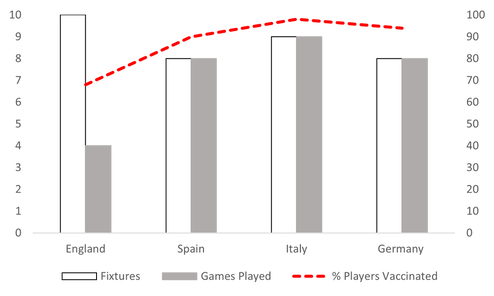

 RSS Feed
RSS Feed